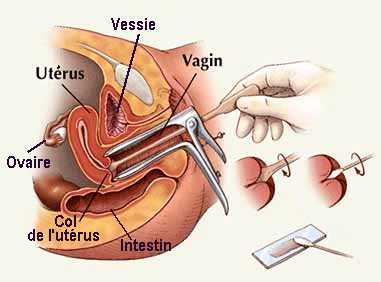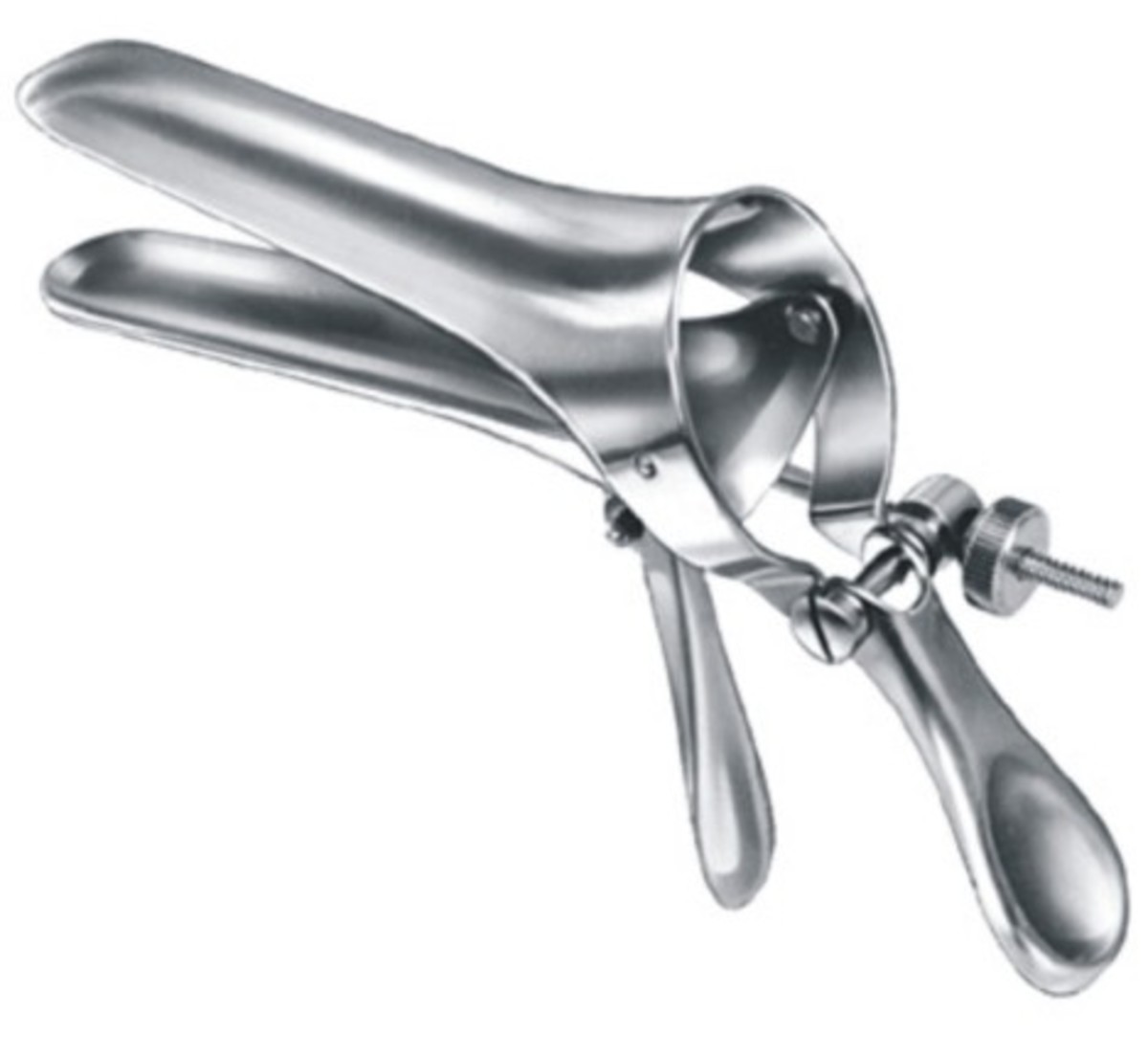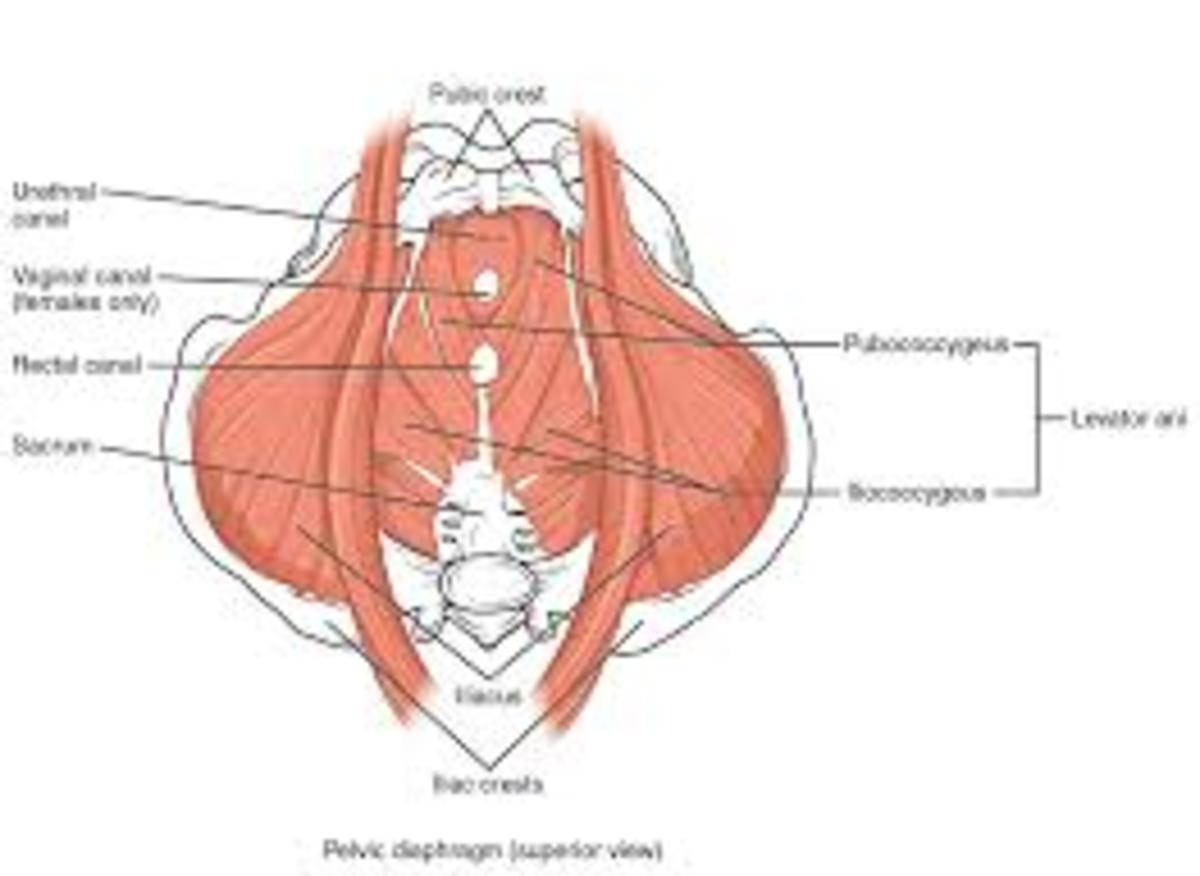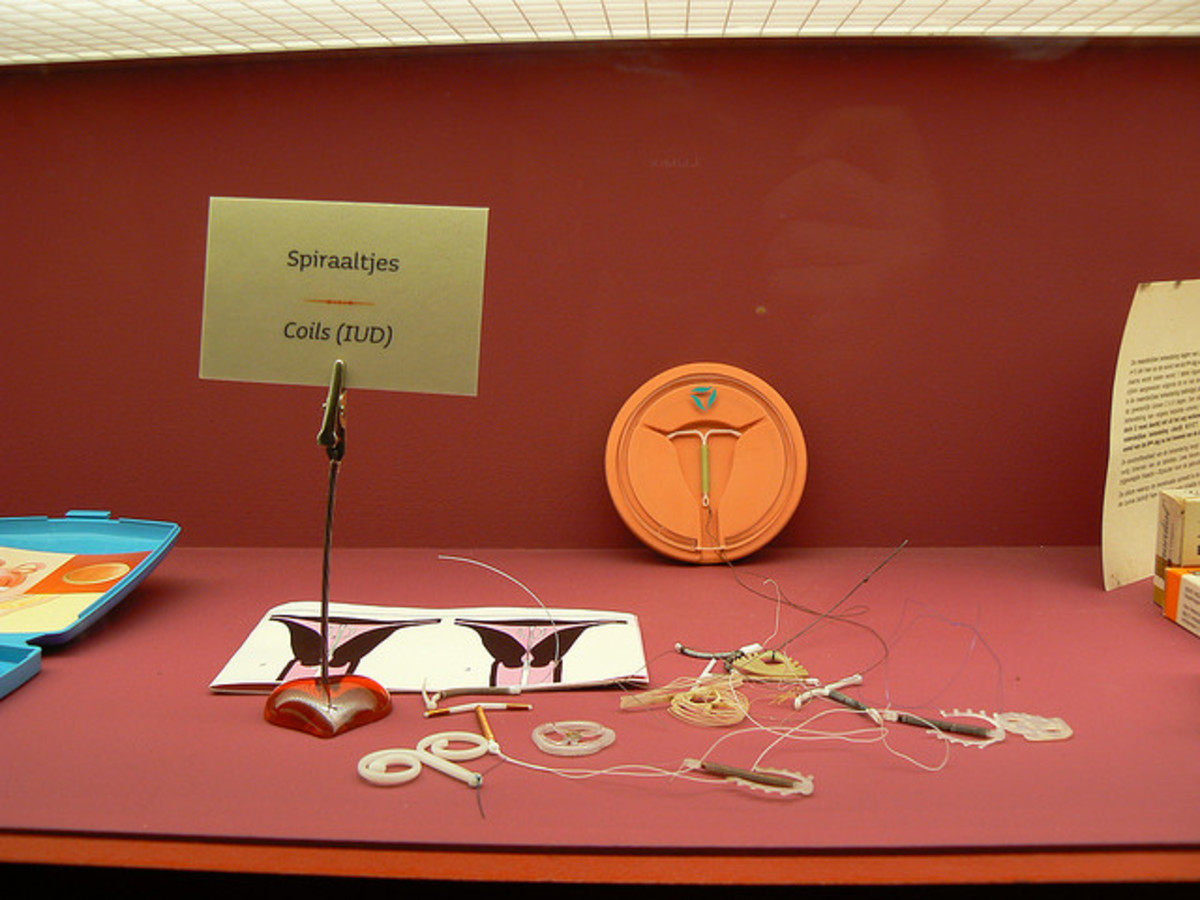Pap Smears - Do They Hurt and What Really Is Involved?
Today, I am sharing my personal knowledge on Pap smears because I myself consider this test as a potential detector of cervical or uterine cancer and this test is very helpful in prevention of cancer. My mother died of uterine cancer in 1997 and my mother-in-law died of ovarian cancer in 2004 and in both their cases, cancer was only able to be detected at second stage when it had begun to spread to other parts of body and nearby structures. We were not able to detect cancer early in both of them just because of lack of awareness of getting routine examinations at that time, so I dedicate this article to the health of women around the world who can get benefited from Pap smear and other preventative tests by getting early detection of cervical abnormalities if any and could be treated on time because prevention is always better than cure. Always remember cancer or any other chronic disease ruins the life of family, kids, and everyone. I know that the person who experiences pain of cancer is the worse sufferer, so come on my female friends, get aware about your health, and get Pap smear done annually as I have advised this test even in my family for my wife and two sisters as we now have a family history of uterine and ovarian cancer.
What is a Pap smear?
A Pap smear in medical words is called as Papanicolaou test or cervical smear test or cervical cytology and it is a test designed specifically for women to detect early cervical abnormalities, which later in life can become cancerous.
How Pap smear is done? What Really Is Involved?
Pap smear is taken as a sample using a medical instrument known as a speculum, which is placed inside the vagina. A physician takes a sample of cells by scratching some portion of vagina, which then extends in a glass slide and sent to a path lab for further analysis of possible cervical abnormalities.
Requirements for a Pap smear
- A woman must not be on her periods.
- Not have had sex 48 hours before the test.
- No douches have been made in the space of 48 hours earlier.
- Not having any medical treatment applied vaginally, i.e. any vaginal cream, etc. during the last 48 hours.
Does undergoing a Pap smear hurts?
Pap smear is not painful and has minimal side effects if any like redness or sometimes spotting afterwards. Just keep a positive attitude about this test, as this test is very useful for every woman’s reproductive health. It is recommended to be relaxed at the time of Pap smear and you will not get hurt at all.

Who should have a Pap test performed?
Due to prevalence of HPV human papillomatous virus and increased risks of cervical cancers in women around the world, it is recommended that all women 20 years or more or and under 20 years who have had sex should have this test performed. Also it is important to note that if a gynecologist indicates this test for a virgin woman in case of family history of uterine or cervical cancer, she can get this performed, as the Pap test does not take away virginity of women.
Who are at risk of getting cervical or uterine cancer?
All women are at risk of getting uterine or cervical cancer but are more prevalent in:
- Women who started sex at an early age (under 20).
- Women with multiple partners.
- Also women over 45 years old or have reached menopause.
How often a Pap smear should be done?
A Pap smear should be done every year if the results are normal. If there is any abnormality, your gynecologist will tell you when to return to have it done again.
What if the Pap smear comes abnormal?
An abnormal Pap smear can be anything from detection of some cervical abnormality to a major problem, which if not treated in time can become a non-curable disease. If a woman has an abnormal Pap smear, she can be referred to an oncology specialist for further confirmation and detection of the abnormality and future care.








